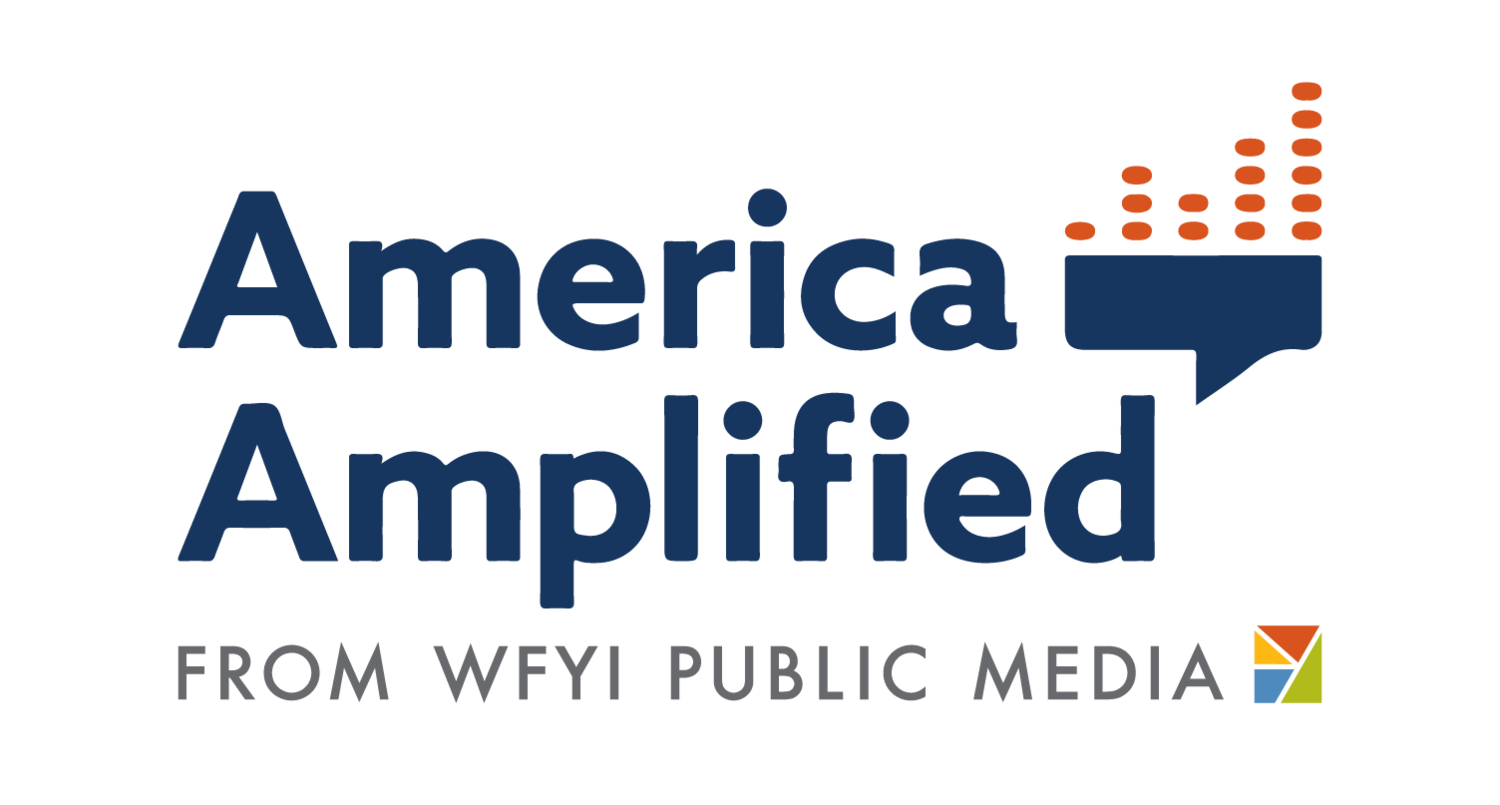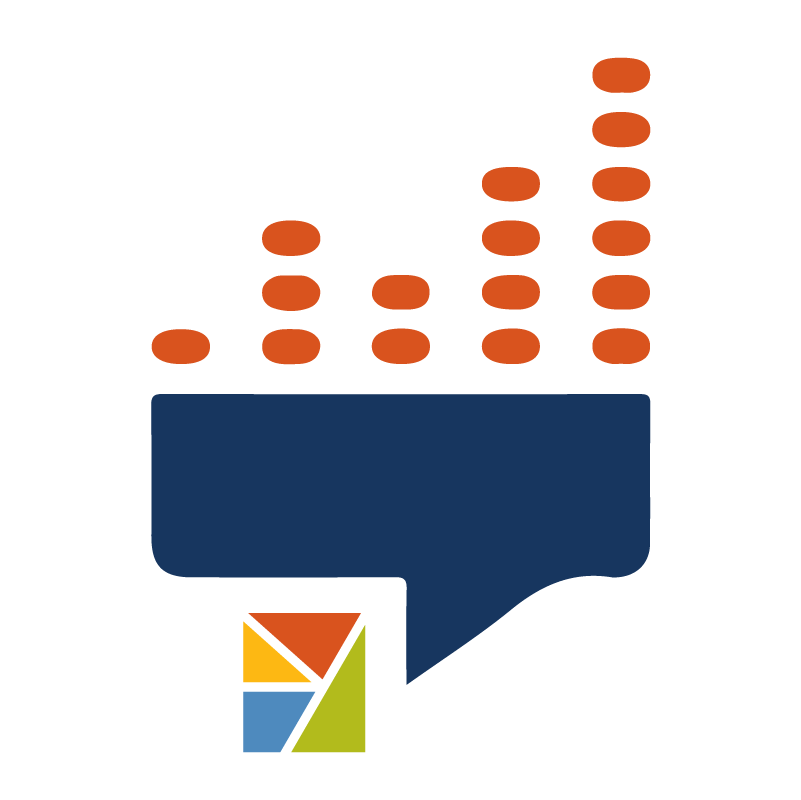‘We do not have a seat at the table. YOU are our seat.’ The story behind WSHU’s project, ‘Trash Talkin’’
In the summer of 2022, WSHU in Southern Connecticut began talking about trash. Waste management is a big deal on Long Island, one of their main coverage areas. So when Brookhaven Landfill, which processes 14 million tons of garbage and recycling a year, announced it was closing … people had LOTS of questions.
WSHU spent about half a year building their framework for engagement, and in early 2023, stories began to roll out. The series Trash Talkin’ was launched on Earth Day, 2023. The project uses several engagement practices, from a Hearken-fueled Q&A page to listening sessions to a collaboration with Stony Brook University. Senior Director of News & Education Terry Sheridan told us about how the project came together and where it’s heading next.
Tell us about your engagement Initiative or project?
For WSHU's Trash Talkin' series, we collaborated with the School of Communication and Journalism at Stony Brook University to mentor a team of graduate journalism researchers to help as field producers and creators. Our aim was to build relationships and trust with the community of North Bellport, N.Y., which is disproportionately impacted by environmental and health issues from waste transfer and disposal in their neighborhoods.
Due to a lack of reliable information on waste development — things like andfills and waste transfer stations or rails — or information about public health, environmental health and civic representation. We sought to build digital tools like long form storytelling, datavisualization, FOIA documents and live blogs with solutions being considered here and beyond the region.
What was the main objective of this engagement initiative?
We saw this as an opportunity to give authority to the community instead of politicians and policy makers who have routinely made decisions based on the will of industry groups, rather than community members.
How did the collaboration between America Amplified and your public media station help shape this initiative?
America Amplified gave WSHU the training we needed on how to first approach and build trust in the community. We learned how to effectively use tools like Hearken, and to hold respectful listening and engagement sessions.
How did you build trust in the community you were reporting on?
Our curiosity was driven by a small network of community insiders who have not historically been listened to in their neighborhood. This group of insiders would meet on weekly Zoom meetings and a Facebook group, that was formed by a grassroots group and monitored by WSHU producers and reporters.
We then "showed up". Reporters attended community meetings and town board meetings. We then pulled in community stakeholders to hear what their concerns were, and kept the conversation going as we reported on and produced stories. We let the community set the agenda for our discussions.
What engagement tools shared are helping your station to better engage with this community?
In person engagement and listening sessions. We also have a Hearken widget on the landing page for residents to ask specific questions about the landfill and plans for the transfer station.
How are you bringing this reporting back to the community?
One of the takeaways, and a direct quote out of our first listening session was "We do not have a seat at the table. YOU (WSHU) are our seat." We report directly back to the stakeholders if we get a piece of information that they need to know NOW. We contact them whenever we air or publish new content. We also answer questions online that the community has via Hearken. Some are specific, some are more general or foundational such as "What is PFAS?"
What lessons do you take away from this project in terms of strengthening engagement?
Listen! Don't assume that because we are the so-called "experts" that we know what concerns the community has. Listen, react, and respond to what they are saying. Follow their lead. Respect.


